John Howard Association Supports Raising Threshold Amount for Felony Theft
An article posted on the website of WGEM out of Quincy, Illinois, on February 27, 2017, (http://www.wgem.com/story/34620134/2017/02/27/new-proposal-surrounding-s...) criticizes one of the recommendations from the report issued by the Illinois Criminal Justice and Sentencing Reform Commission, the group assembled by Governor Rauner and tasked with finding ways to improve Illinois’ criminal justice and prison systems while reducing the State’s incarcerated population by 25% in 10 years.
The specific recommendation in the Commission’s report that the retail community and the Quincy Chamber of Commerce takes issue with is to raise the threshold dollar amount for theft, from $300 to $2,000. The Commission cites three specific reasons that Illinois should do this; national research shows that increasing felony theft threshold amounts has no overall impact on crime, incarceration is the most expensive and least effective way to punish non-violent inmates like retail thieves, and because research shows that people who commit low-level retail thefts are less likely to commit future crimes if they receive community based supervision instead of a prison sentence.
Clearly stated, research shows that the best return on investment for the dollars spent to increase public safety and improve justice system outcomes for low level nonviolent inmates is not prison. This paired with the fact that an increased threat of punishment does not deter people from committing crimes, including retail theft, undercuts concerns about sending a message that a particular act is “not a big deal” by not attaching a harsher punishment or reducing the current one. There is simply no evidence to support the idea that a harsher punishment will curb criminal behavior.
If legislators follow the Sentencing Reform Commission’s recommendation and raise the threshold dollar amount for theft, the potential penalty for this offense remains substantial. A person convicted of a Class A Misdemeanor in the State of Illinois may be sentenced to serve up to a year in the county jail, ordered to pay fines and restitution, and more. Thus, a change in the theft threshold amount will allow local authorities to impose sanctions upon a convicted thief that are significant, yet proportional for the crime of conviction.
Raising the threshold amount for felony theft will allow Illinois to direct resources into communities and away from our costly and impaired prison system. Incarceration is an expensive and frequently ineffective response to crime that Illinois can no longer afford. Looking for changes to our system that will preserve public safety while keeping more people from entering or returning to prison is critical to system change that will improve lives and save money.
